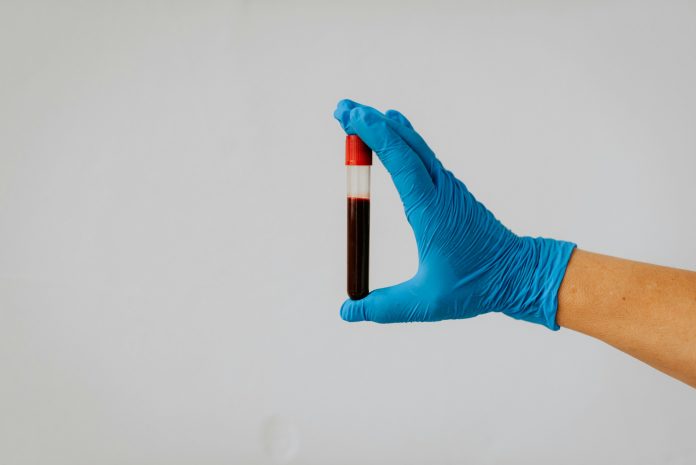
Scientists from the Karolinska Institutet in Sweden have found that specific blood biomarkers can predict whether a person is likely to develop dementia—up to ten years before symptoms appear.
The study, recently published in Nature Medicine, focused on older adults who were living independently and showed no signs of cognitive problems at the start.
Researchers examined three important biomarkers: tau217, Neurofilament Light (NfL), and Glial Fibrillary Acidic Protein (GFAP). These proteins are linked to changes in the brain associated with Alzheimer’s disease and other forms of dementia.
Earlier research had suggested these biomarkers could be helpful in diagnosing dementia, but most of that work involved people who were already experiencing memory problems or had visited a doctor due to cognitive issues.
This new study took a broader approach by studying over 2,100 people aged 60 and above from the general population. These individuals were tracked for up to ten years to see who would go on to develop dementia. At the end of the follow-up period, about 17% had received a diagnosis.
The results were encouraging: the biomarkers predicted dementia with an accuracy of up to 83%. Dr. Giulia Grande, the study’s lead author and a researcher at Karolinska Institutet, said the findings show it is possible to identify people at low risk of dementia well in advance.
“If a person has low levels of these biomarkers, their chances of developing dementia in the next decade are very low,” she said.
Senior author Dr. Davide Vetrano explained that this could be reassuring news for people worried about their memory or brain health. Low levels of these biomarkers might help rule out future dementia in some cases.
However, the researchers also pointed out that high levels of the biomarkers didn’t always mean a person would definitely get dementia. In other words, the biomarkers aren’t good enough to be used as a single screening test for everyone in the general population just yet.
They did find that combining certain biomarkers—such as p-tau217 with either NfL or GFAP—could boost the accuracy of predictions. But more research is needed to see how these tests could be used effectively in everyday healthcare, especially in primary care settings.
Dr. Grande emphasized that while the results are promising, these blood tests should not yet be used alone to decide someone’s dementia risk. Instead, they might one day be combined with other health data to give a more complete picture.
The team hopes that future studies will show how these blood biomarkers can help doctors and patients make informed decisions about cognitive health, long before dementia symptoms begin.
If you care about dementia, please read studies about low choline intake linked to higher dementia risk, and how eating nuts can affect your cognitive ability.
For more information about brain health, please see recent studies that blueberry supplements may prevent cognitive decline, and results showing higher magnesium intake could help benefit brain health.
The study is published in Nature Medicine.
Copyright © 2025 Knowridge Science Report. All rights reserved.



